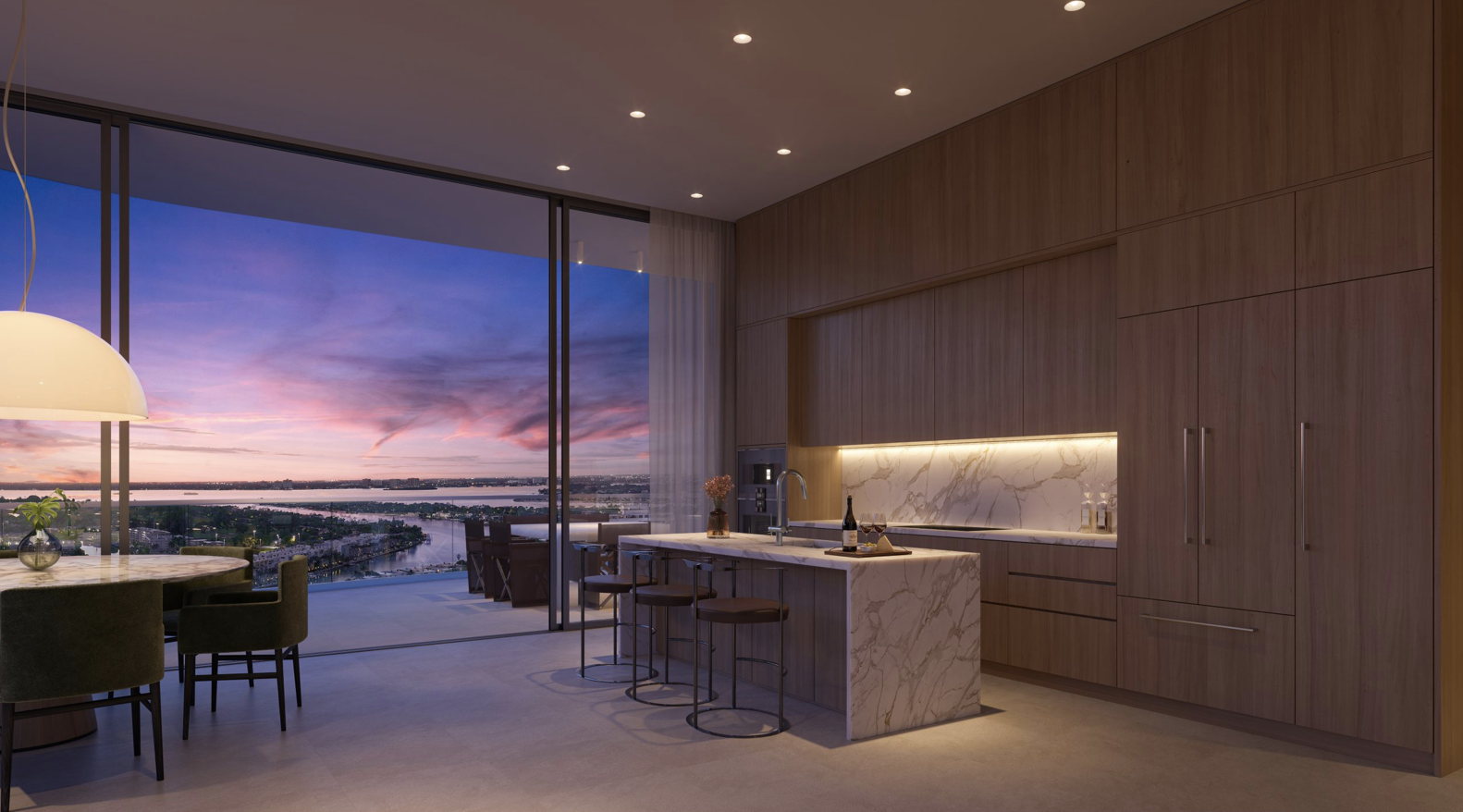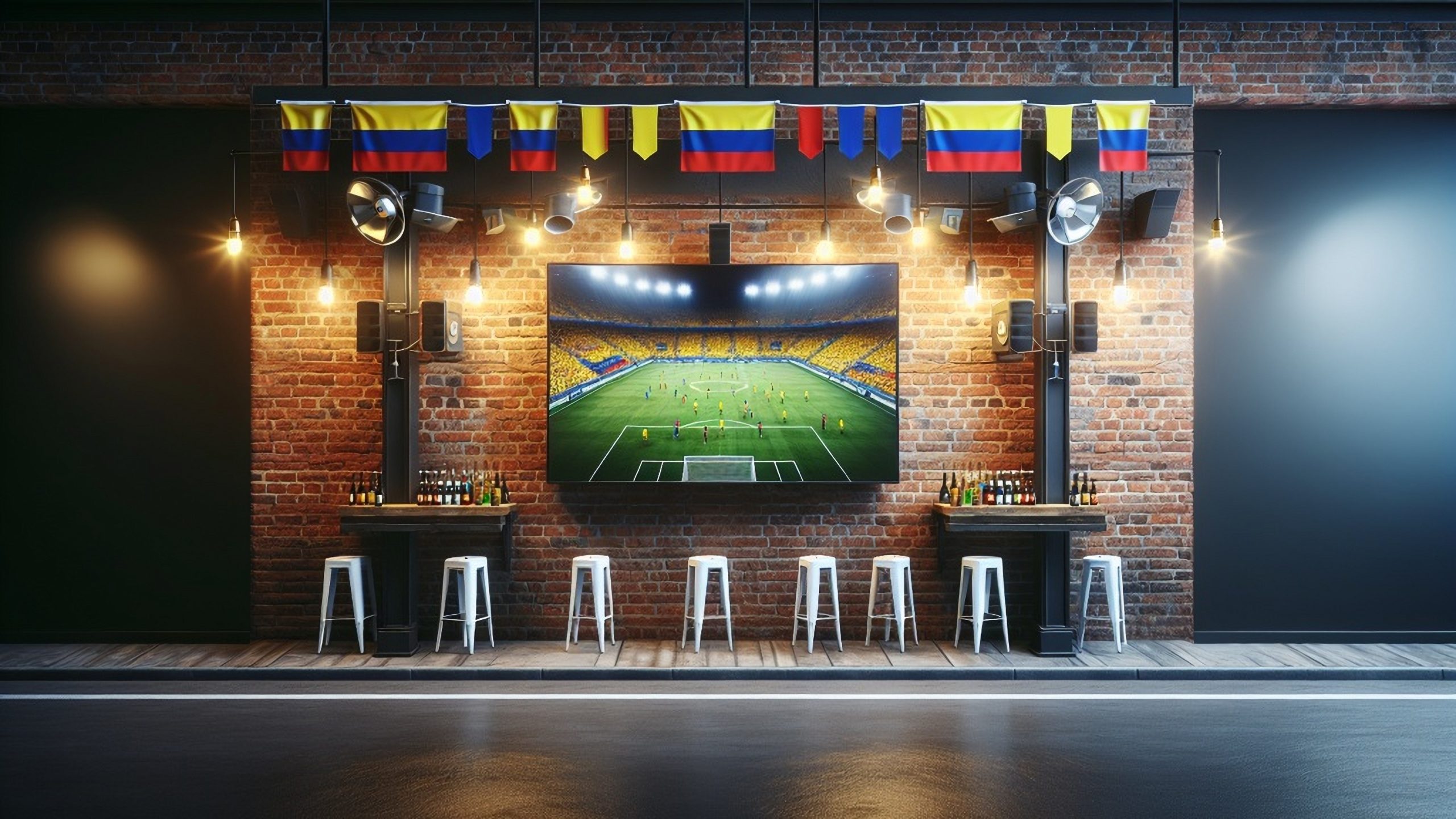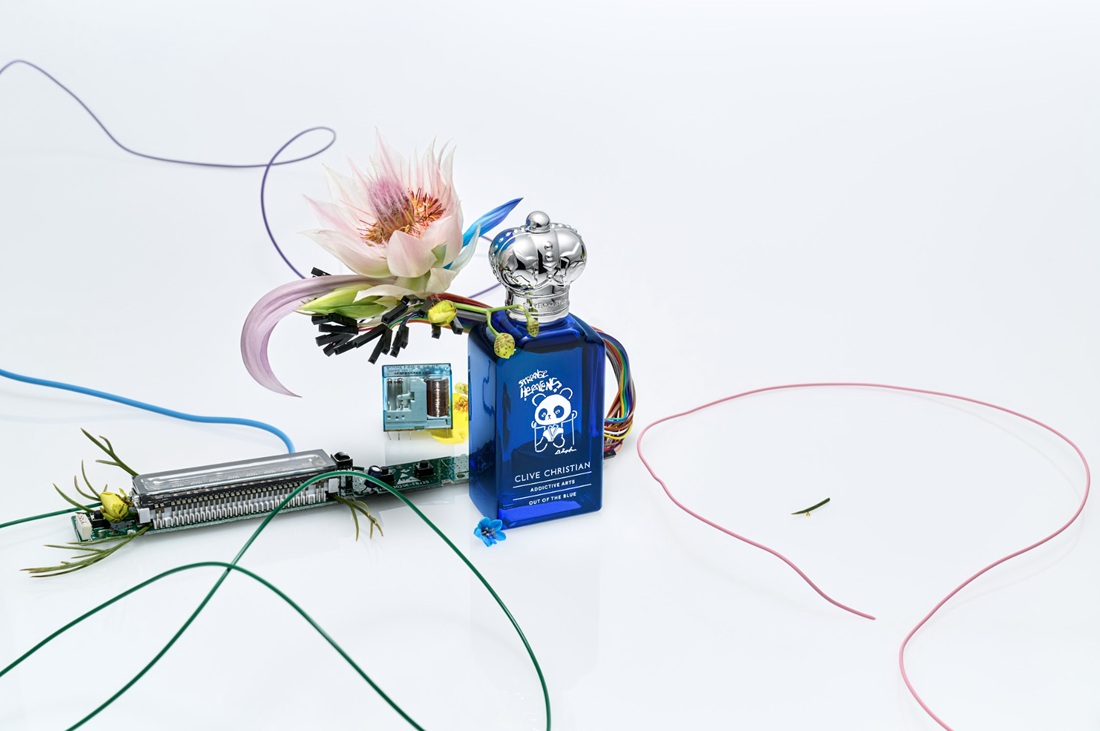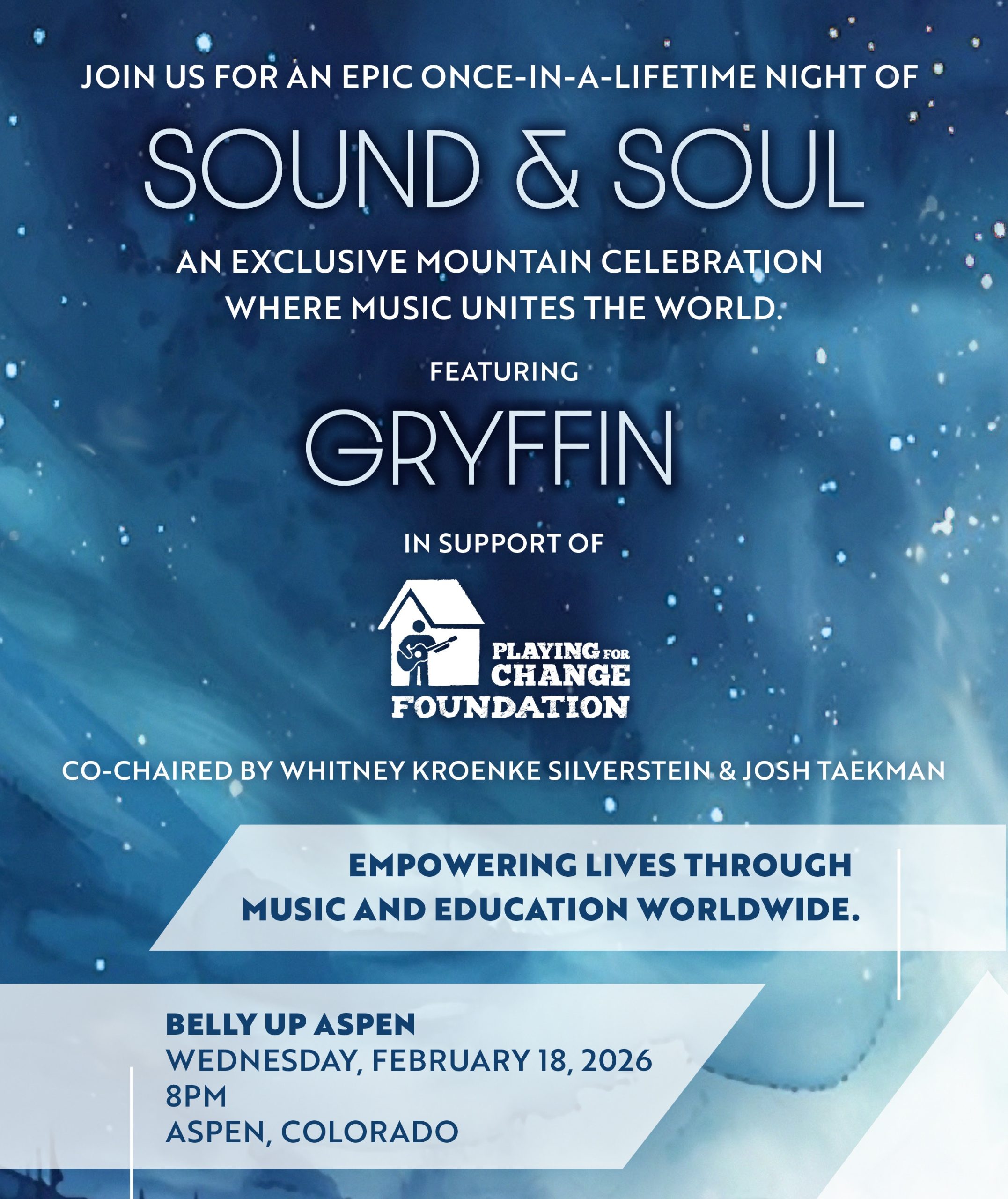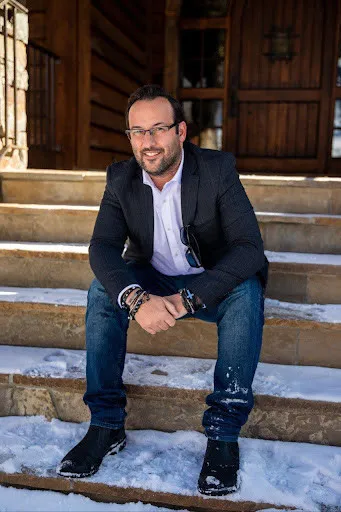Francis Ford Coppola Presents
The movie legend credits his recent return to the film business to his astounding wine, food, and resort empire. Here, he shares with Haute Living how having a half-billion dollars in revenue last year alone has allowed him to once again strive for directing greatness, this time on his own terms.
By Stephanie Wilson

[highlight_text] “I guess I would sum it up by saying that I get involved in things I enjoy and they grow and become businesses.” [/highlight_text]
“Winemaking and filmmaking are two great art forms that are very important in the development of California,” explains Francis Ford Coppola. “They both start with raw ingredients-in the case of wine, the land and the grapes, in the case of film, the script and the actors’ performances. The winemaker takes these raw materials and ferments and blends. He says yes to this batch, no to that one. The director does the same thing: a series of yes’s and no’s, from casting and costuming to edits and sounds mixes. In both cases, you have to start with top notch raw materials-whether it’s the land or the script.” When explained as such, it is easy to see the correlation between Coppola’s seemingly different career fields. While the 62-year-old Italian-American is best known as director of the Godfather trilogy, in the past 20 years, the five-time Oscar-winning director, writer, and producer’s résumé has expanded to include accomplished vintner, hotelier, restaurateur, magazine publisher, and cigar maker, an impressive array of fields that, he says, all come down to entertainment.
While Coppola is responsible for such flicks as Apocalypse Now, Bram Stoker’s Dracula, and The Rainmaker, in recent years, the only Coppola appearing in theaters has been his Oscar-winning daughter Sofia (who directed, among other things, Lost in Translation, The Virgin Suicides, and Marie Antoinette). The elder Coppola was busy tending to his other ventures. But today, his career has come full circle from the time when he co-wrote the screenplays for The Godfather, which have been lauded as some of the top films of all time by the American Film Institute. He is quick to clarify that, although he went for a decade without putting out a commercial film, he never moved out of the film sector. “During the years between Rainmaker and Youth Without Youth, I was working on several projects that, for one reason or another, did not come to fruition. I had a lot of unfulfilled creative energy which I put into expanding the wine and other businesses.”
The success of these businesses has given him a freedom in his filmmaking, so much so that he has declared from here on out, the only films he directs will be original screenplays, such as Youth Without Youth, Coppola’s film that debuted in December to mixed reviews.
He explains, “Youth Without Youth was, in a way, like The Twilight Zone-an old man, a professor, becomes young again… [With this film] I wanted to return to personal filmmaking.” And he was able to do so thanks to his winemaking and resort ventures, which grossed a half-billion dollars last year alone, allowing him to call his own shots. “The benefit of self-financing is that you are not going hat-in-hand to a studio to fund your film and so you can stretch your limits and the language of filmmaking without worrying about whether the film will be commercial, and you don’t have 25 producers looking over your shoulder every minute,” he says. “I am the writer, producer, and director, so all the decisions-good or bad-are mine. This is the kind of personal filmmaking I want to do with all my future films. I am very fortunate that the winery has been such a success that I can finance my own films, as long as I keep the budgets under $17 million.”
Not that $17 million is a bad budget to have, especially seeing as the winery and resorts that provide that capital came almost as an afterthought. He explains, “After our family moved to San Francisco, my wife and I thought it would be nice to have a little house, maybe an acre or two of grapes so we could make wine, in the Italian-American tradition,” he recalls. While looking for cottages in Napa Valley, California, their broker informed them of the auction of the famed Niebaum Estate, which has a grand wine making history. “We learned that Inglenook had been separated from the Niebaum Estate-at one time it had been one property,” he says. “We ended up being able to buy it, although it was a far cry from the cottage we were looking for.”
Although it was not his intention to produce wine on a commercial basis at first (“I just wanted to make a little home wine using the foot method, like my grandfather,” he says), after learning the heritage of the estate, he explains, “It was clear that we had-by accident-come into possession of something extraordinary, sort of like a family that inherits a racehorse and it seems absurd to not race it.” He continues, “When we purchased Niebaum Estate in 1975, I was eager to learn about the family that owned it previously. The more I learned about the Estate’s heritage, the more committed I became to continuing its tradition of greatness.” So, after three years of selling just the highly sought-after grapes, Coppola began to make commercial vintages, although it wasn’t until purchasing the remainder of the Rubicon Estate in 1995 and restoring it that things really took off. The vineyard embarked on a program of replanting, returning the estate to its glorious roots. Coppola’s drive to revive the winemaking came down to more than just a love of history, but a deep appreciation of wine itself. He says, “Wine is myth, history, geography, agriculture, religion, and much more. It is unlike any other beverage we consume, which makes it infinitely interesting.”
His passion for vino is evident in everything the vineyard produces, which includes a number of different varieties such as Director’s Cut, Francis Coppola Reserve, Rosso & Bianco, and Sofia, a sparkling wine that is described as a tribute to the spirit and life of a young woman. Coppola explains, “These wines are inspired by [my daughter] Sofia, her impeccable taste, sense of design, and personality. I had always promised her that I would one day make a sparkling wine for her, and you must always keep your promises to your children.”
Coppola has a strong love for family that is evident in every aspect of his life and career, which blend together seamlessly. During his recent scouting trips in Romania for Youth Without Youth, he brought his granddaughter, Gia. In fact, he was drawn to the wine business due to enthralling tales his uncles told of the winemaking process. He elaborates: “My first impression about wine was really at age five or six, and it comes from a memory of my father’s father, Augustino Coppola. In those days, during the days of Prohibition, they would make wine in the basement right in New York City, in a big concrete fermenter that they had built themselves. They would buy a boxcar load of grapes from California with some of his brothers. Even though it was Prohibition, you were allowed to make wine for home use. I heard many stories, because there were seven boys in the family-stories of how happy they were when the grapes would come because they were locked up behind a trap door that led to the cellars. The kids liked the grapes, and they would lower their littlest brother-my uncle Mikey-down a rope in a box to steal some grapes. Of course, they got caught. They were lowering the box, and they heard the old man coming and they dropped the box and Uncle Mikey landed in the grapes. So it always seemed to me such a wonderful experience, a family making wine.”
And just as he was inexplicably drawn to the winemaking business, his resort holdings in Belize evolved naturally. “I guess I would sum it up by saying that I get involved in things I enjoy and they grow and become businesses.” Example? In 1981, after Apocalypse Now, Coppola wanted his own jungle paradise where he could escape to write. After traveling to Belize, he wound up looking at a mountain lodge that was for sale. “When I looked in the windows of the [Blancaneaux] lodge, I said what has gotten me into a lot of trouble over the years: ‘Oh, I could write here.'” He restored the cabin, and eventually invited his family out for a stay, and he says the resort trickled open from there. He currently owns two resorts in Belize, Blancaneaux Lodge and Turtle Inn, as well as La Lancha in Guatemala.
Today, Coppola in the preproduction stages of an original screenplay titled Tetro, which he says “is a story of brothers and is quite tragic and heartbreaking. There are glints of my life in there, but it is not autobiographical. It is the story of a talented Italian family that immigrates to Argentina and will be filmed entirely there.” Yet, despite his hectic schedule that involves jaunting all around the globe, scouting and shooting new movie projects and keeping an eye on his resorts, he is still involved in every aspect of the wine estate, particularly in anything that has to do with design “of the labels, the bottles, and the stained glass window at the top of the stairs and the mosaic at the entrance to the cave,” he says. One could say that the filming process has honed his eye for the details.
Since becoming a vintner and hotelier just came so naturally, it almost seems no wonder that a restaurant and cuisine line would follow. He explains, “I’ve always cooked-initially out of necessity, since I was a student without any money. If I wanted to invite a girl on a date, I didn’t have the cash to take her to a restaurant, but I could prepare my dinner at my apartment for a fraction of the price, so I’d call my mother and ask, ‘Ma, how do you make such and such?'” The result of his passion for cooking is Mammarella’s, which means “little mama,” the Coppola family’s nickname for his mother, Italia Coppola. He progressed from cooking into the pasta and sauce business while helping out a little pasta company in Brooklyn that was in financial trouble. He says it was a small jump to developing a line of sauces from his own recipes. Food has always been a large part of his being. He offers this example: “When I auditioned Marlon Brando [for Godfather] at the insistence of Paramount, I brought along some Italian food-platters of sausages, olives-that sort of thing, and as he began to get into character, he started to nibble at the food as he put shoeblack in his hair and cotton in his cheeks.”
After he explains the connection of all his businesses, he pauses before he sums it all up: “You know, when you think about everything I do-film, wine, food, resorts, our magazine ALL-STORY-they all stem from my own personal interests and passions, and they are all entertainment of one sort or another.” And thus, Coppola will continue to entertain, both on screen and off.

